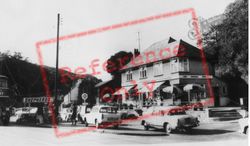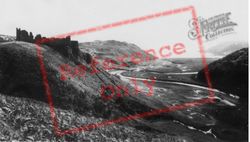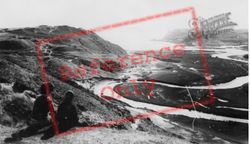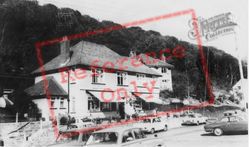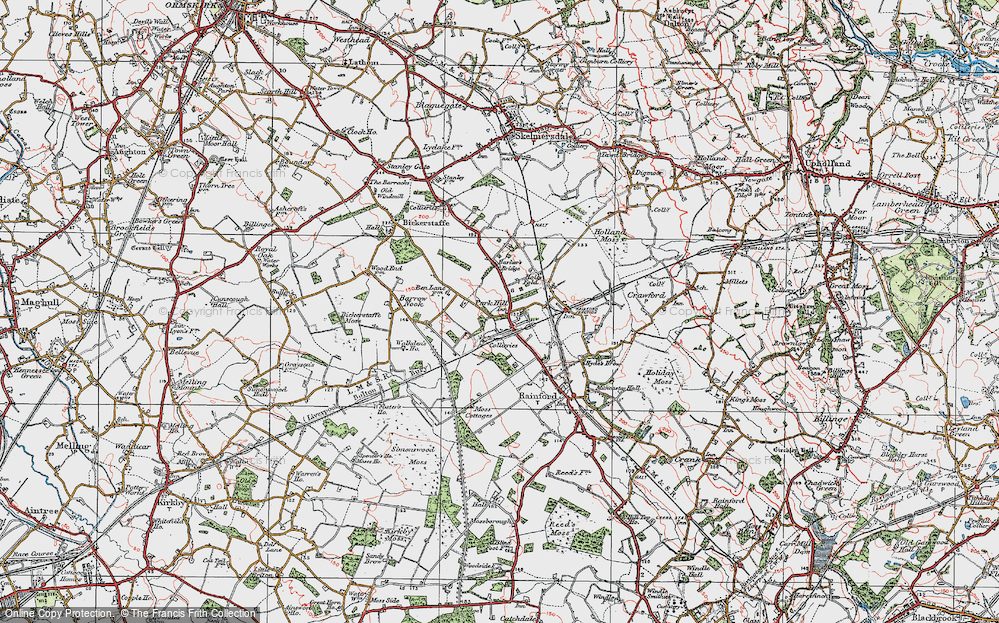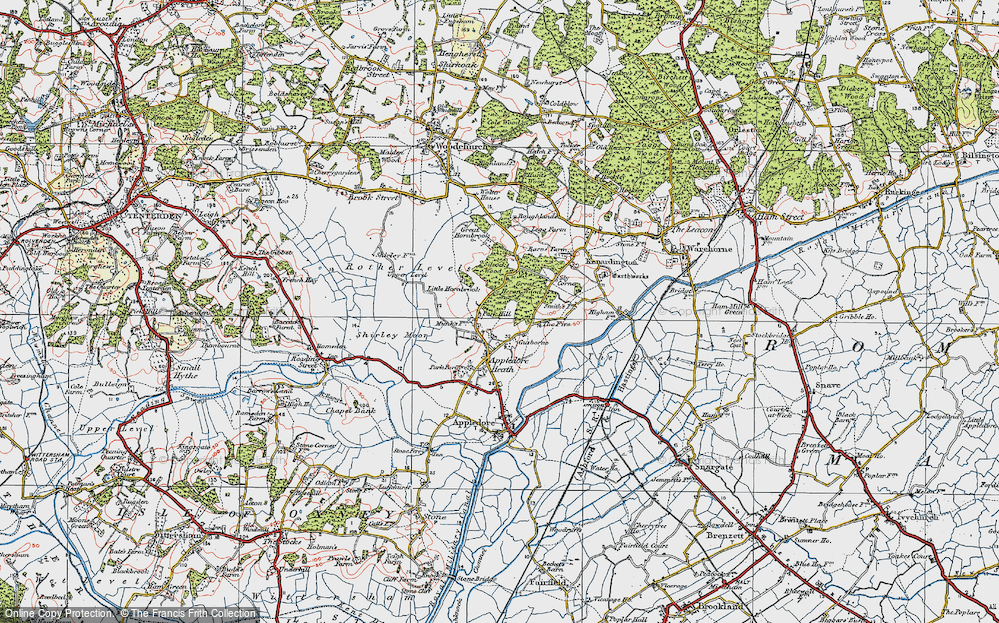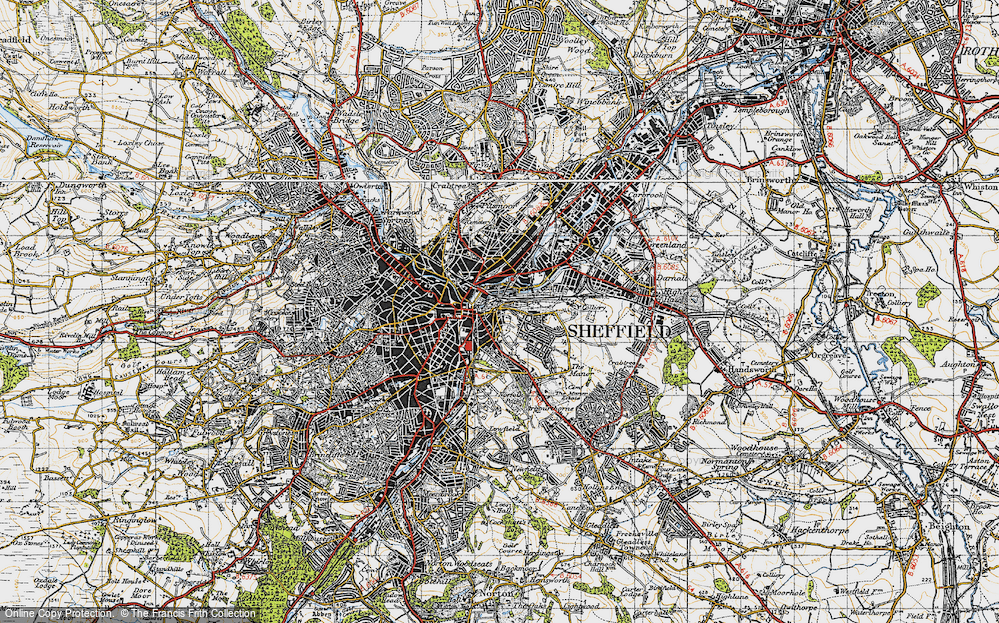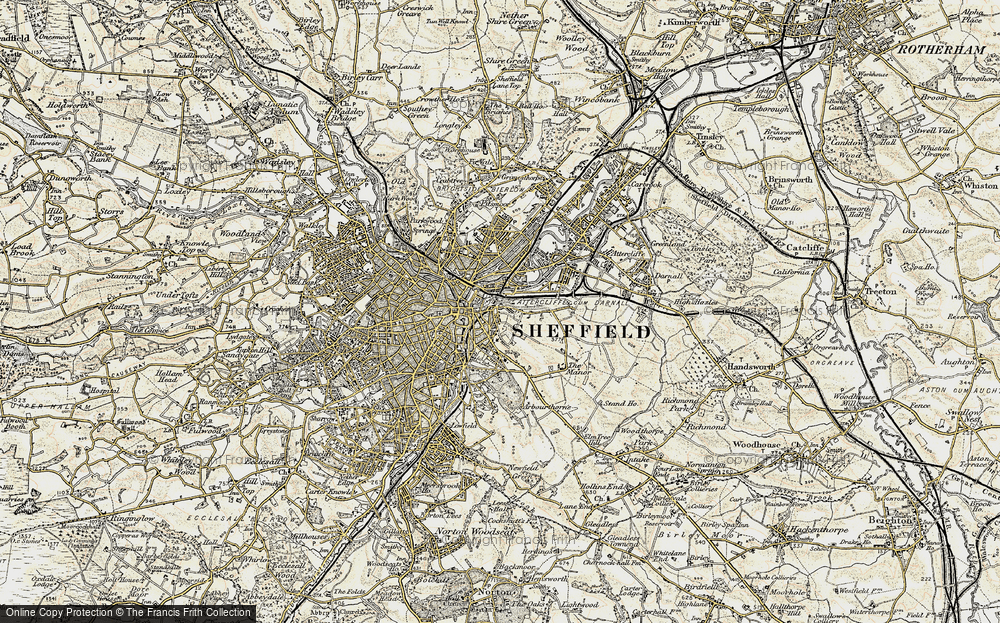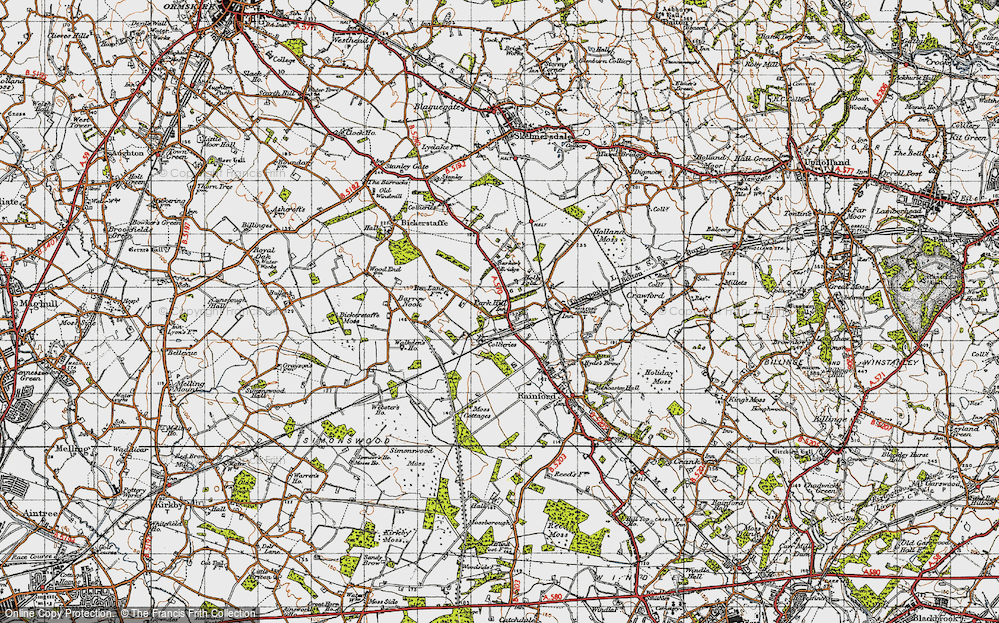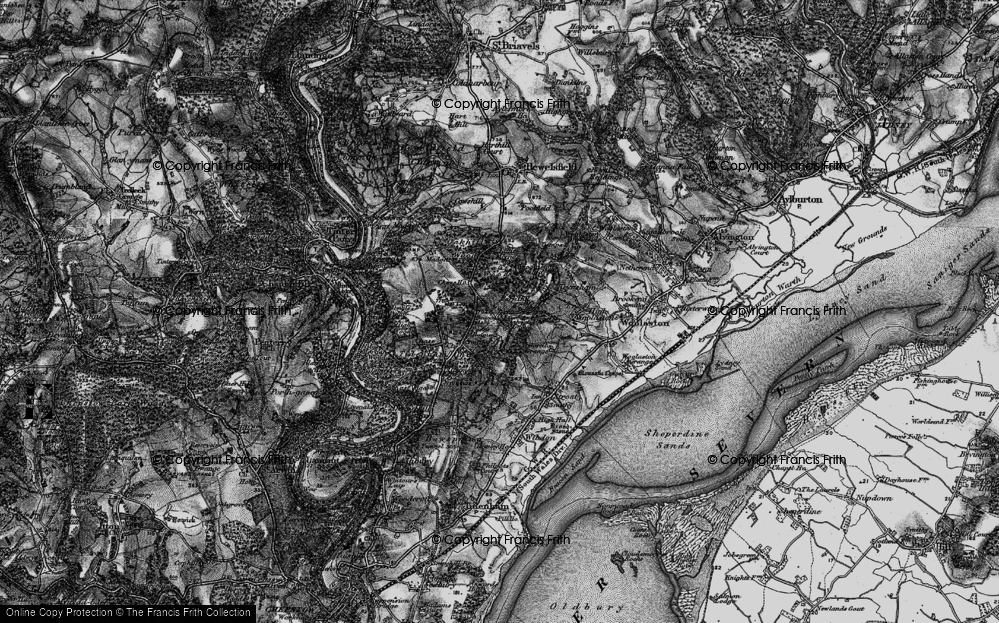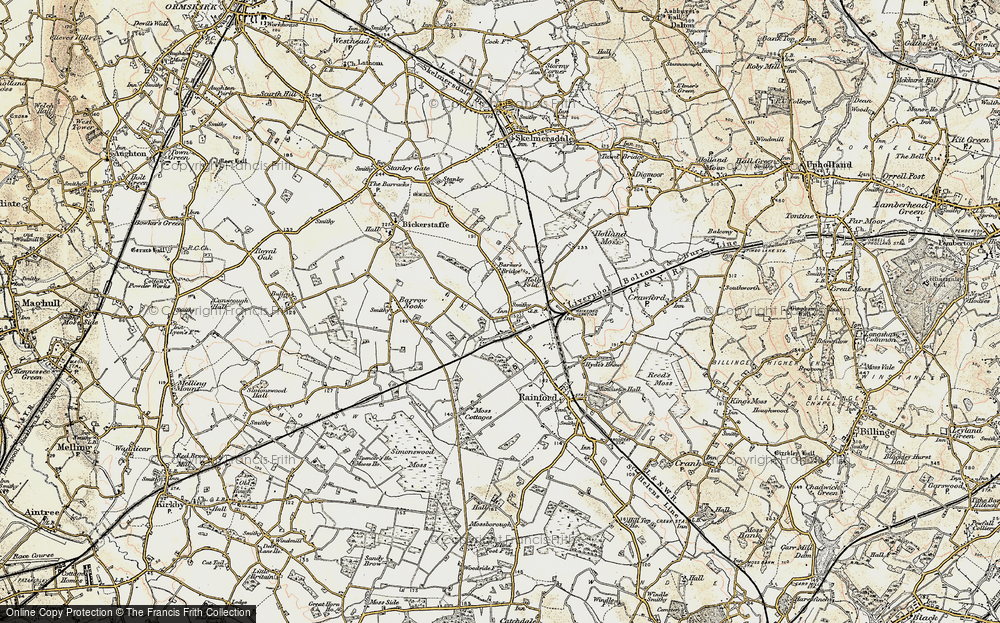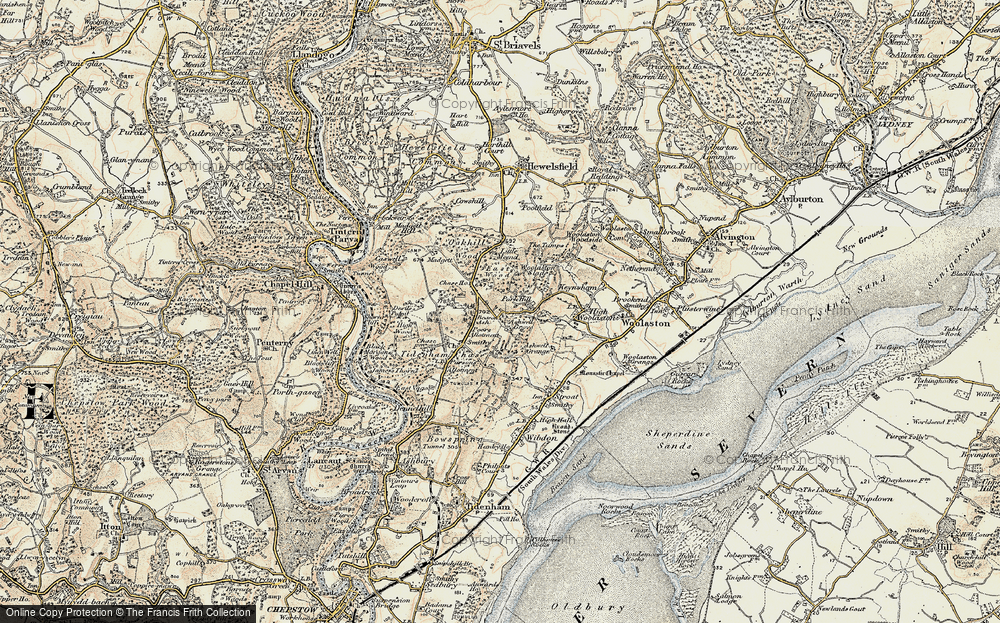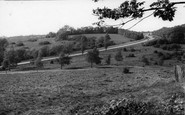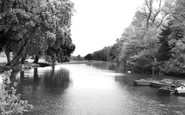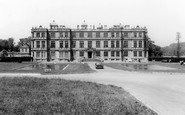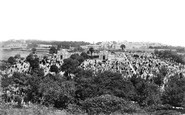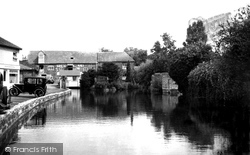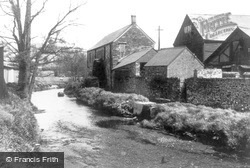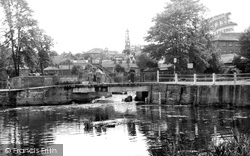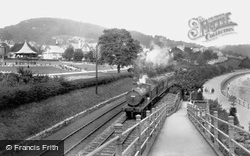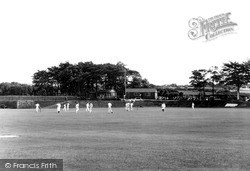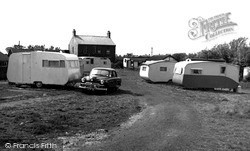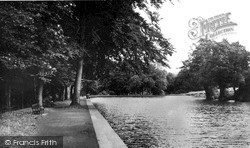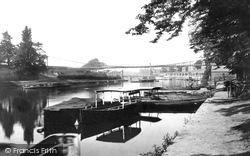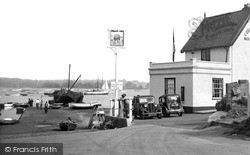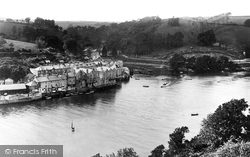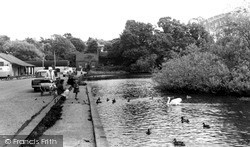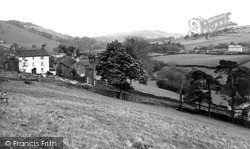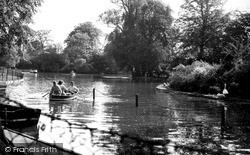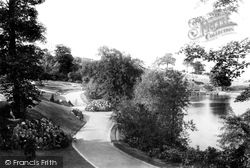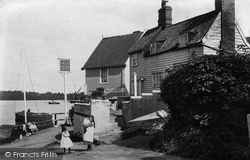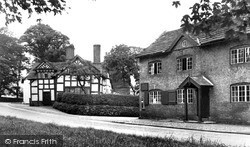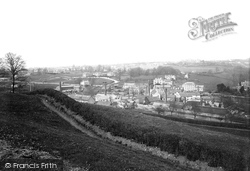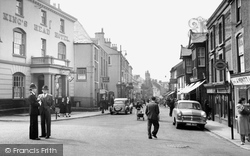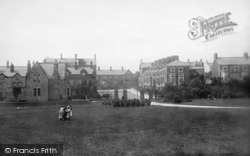Places
3 places found.
Those places high-lighted have photos. All locations may have maps, books and memories.
Photos
24 photos found. Showing results 21 to 24.
Maps
28 maps found.
Books
Sorry, no books were found that related to your search.
Memories
296 memories found. Showing results 11 to 20.
My Playground As A Child
My name is Ron Sargeant and I lived at 52 Worcester Crescent Mill Hill from 1939 until 1964 when I married the girl across the road from number 51, Barbara Snelling, and moved to Harrow Now as to the picture. On the ...Read more
A memory of Mill Hill by
St Davids College
My sister Carolyn Trew attended St Davids and I joined her age 4, but I was only there a year before it closed. I can’t remember all the teachers names, but remember one teacher letting us out and he knew all the pupils names I ...Read more
A memory of High Wycombe by
Sixties Longleat
Many fond memories of Longleat over the last 46 years: the freedom we all enjoyed as villagers to roam across the estate - the sixth Marquess was always very generous in this respect. The remains of the American hospital were still ...Read more
A memory of Longleat in 1966 by
Ford Park Cemetery
The Cemetery, popularly known as Ford Park Cemetery, and owned by the Plymouth, Devonport & Stonehouse Cemetery Company finally went into liquidation in 1999 owing to the decline in burials following the opening of the two ...Read more
A memory of Plymouth by
West End
I was born on a not very pleasant day in February 1954! We lived in the Dunkirk area of the West End below the factory/mill on Dunkirk Lane. We had "The Green" to play on, Warley Road, and then the "Top Park" further up when we were a little ...Read more
A memory of Halifax by
At St. George’s School
I was at St George’s School from 1943 - 1949 and I seem to be unique in my really happy time at the school. Mr Smith was very kind and gentle - he really hated having to take a ruler to my hand once - and yes Mrs Smith was ...Read more
A memory of Mill Hill by
Huddersfield Old Infirmary.
I did my nurse training in Huddersfield 1966 - 1969. As Huddersfield Royal Infirmary was not due for completion until after I started training, my nursing career began at Huddersfield Old Infirmary, situated in the ...Read more
A memory of Huddersfield by
Memories
I was born in 54 Mill Street, Trecynon. As was my sister, our mother and her brothers and sitsters. A little 2 down 2 up, stone cottage. It was on the top of the hill, and we could run down "the trip" as we called it, and play there, ...Read more
A memory of Trecynon in 1947 by
St. George's School, Flower Lane, Mill Hill, London, Nw7.
I too was a pupil at St. George's, probably from 1944 to certainly no later than 1950 when I was shipped off to a boarding school in Sussex where I remained until leaving at age 17 in 1956. I was ...Read more
A memory of Mill Hill by
Born In Fenny Stratford
I was born at number 8 Woodbine Terrace; in attendance was nurse Brinklow the local midwife and Dr Gleeve. My parents were Jim and Vera Cusack. Just after the begining of the war my mother, ...Read more
A memory of Fenny Stratford in 1948 by
Captions
79 captions found. Showing results 25 to 48.
The edge of the river was soon marked out for free parking. Note the hut spanning the mill race.
This building is the last remnant of the Tannery, and still stands east of the bridge opposite Greenaway's car park.
This building is the last remnant of the Tannery, and still stands east of the bridge opposite Greenaway's car park.
Until the 1950s Middle Mill Weir occupied the centre of this view, but the bridge over the weir remains as an important pedestrian link to the sportsfields and parks on the north bank of the River.
When the railway came to Grange-over-Sands in 1857 it signalled the town's rapid expansion as a seaside resort for visitors from the industrial mill towns of Lancashire.
This building is the last remnant of the Tannery, and still stands east of the bridge opposite Greenaway's car park.
The tiny hamlet grew around a paper mill, opened in the 1840s by the Parke family beside the Leeds and Liverpool Canal.
When the railway came to Grange-over-Sands in 1857 it signalled the town's rapid expansion as a seaside resort for visitors from the industrial mill towns of Lancashire.
The coming of the railway to Grange-over-Sands in 1857 signalled the town's rapid expansion as a seaside resort for visitors from the industrial mill towns of Lancashire.
Holiday caravans are parked on land where 'footpaths, meadows, pastures, waters, mills' were once willed to the Benedictine monks.
Porter Brook meanders its way from Forge Dam and skirts one edge of Whiteley Woods and Bingham Park before descending over the weirs into Endcliffe Wood.
In 1852 a suspension bridge was built over the Dee to link the suburb of Queen's Park with the Groves on the north side of the river. In the distance can be seen the mills and the Old Dee Bridge.
This open space was created as a car park in 1921 by demolishing a cottage. The single-storey extension to the pub also dates from 1921, when Hiskey Golding was the landlord.
Here we see part of the town's waterfront, with a boat yard on the left, and Caffa Mill Pill, an inlet since reclaimed for a car park and a new slipway for the ferry.
During the reign of Henry V (1413-22), several pools were constructed, probably for the Earl of Warwick, in what was later to become Sutton Park.
All those cotton mills needed spun cotton, and this village, sitting right on the edge of the Peak District National Park, was once an important spinning centre.
During the reign of Henry V (1413-22), several pools were constructed, probably for the Earl of Warwick, in what was later to become Sutton Park. Wyndley Pool was almost certainly one of them.
What is there more pleasurable than to take a rowing boat out onto a picturesque, well-treed lake, to escape for an afternoon of peace and relaxation away from Leicester's factories and mills?
Parks were an important feature in many Victorian industrial towns and served as an escape from the noise, dirt and labour of the mills and factories.
The Butt and Oyster is probably the most well-known pub on the East Coast, at Pin Mill, on the River Orwell.
Mr and Mrs Potts kept the village shop opposite the mill and on the corner of the A34 and Church Lane. In the 1930s, they also sold day licences for fishing in Radnor Mere in Alderley Park.
Upper Stroud is in the distance, with Park Road below, still at this period containing only a few large private houses.
The cotton mill and the later factories were in full production from the 18th century, but now they form part of a heritage park for tourists.
This park was the third in Belfast. It opened in 1885, with ten more acres being added later.
Places (3)
Photos (24)
Memories (296)
Books (0)
Maps (28)


